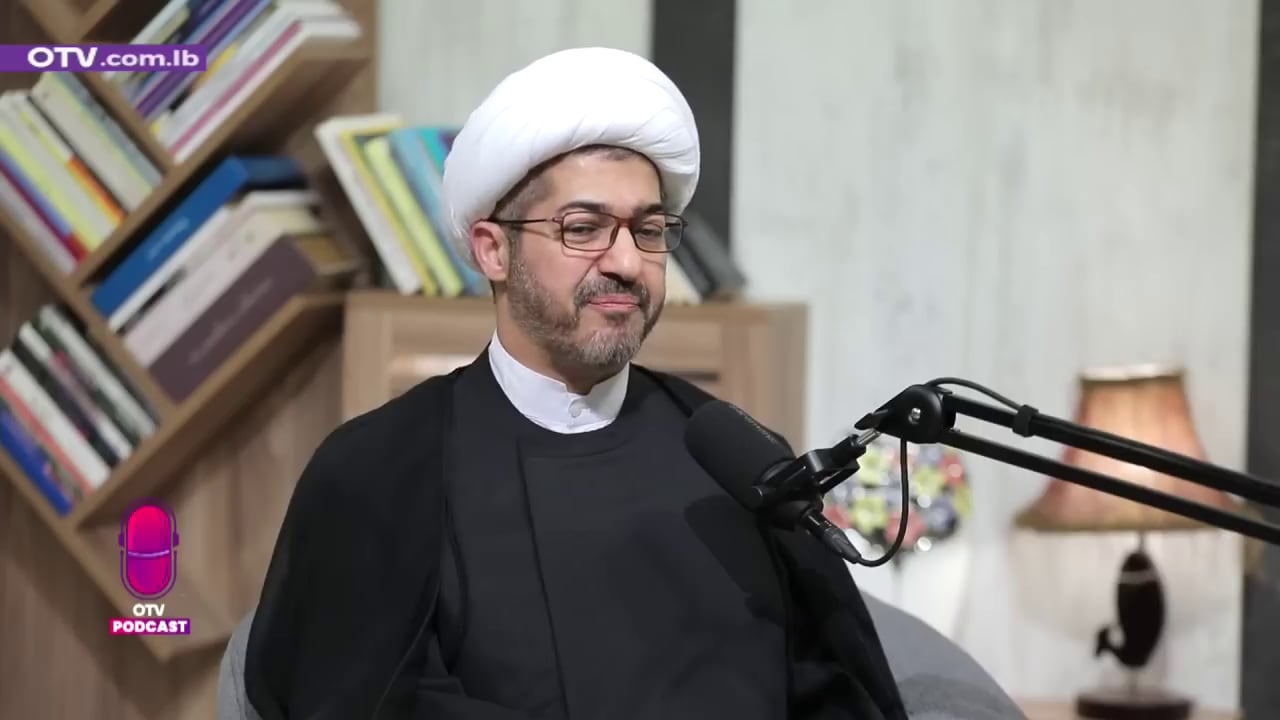
Following are excerpts from an interview wih former Syrian vice-president Abd Al-Halim Khaddam, which was broadcast on Al-Arabiya TV on December 31, 2005.
Abd Al-Halim Khaddam: I have spent a long period of my life building this regime, so that Syria can resume a decision-making role in the region, and play an important role internationally. All this has been lost within five years.
[...]
What led to this situation? The first reason is the autocracy. The second reason is a mistaken analysis of events of what happens in the Arab world and internationally.
Interviewer: Excuse me, do you mean the autocracy of President Bashar Al-Assad himself?
Abd Al-Halim Khaddam: Yes, of course.
The second reason is the mistaken analysis of international and regional developments, and mistaken decision making in order to face these developments.
I will present some examples. In early September 2004, (US Congressman) Darrell Issa visited Syria and met with the president. Martin Indyk also visited Syria and met with the president. I heard this from the president, who said that Darrell Issa would work to improve US-Syria relations, and that Martin Indyk had criticized the Bush administration policy on Iraq. Then he (Indyk) told President Bashar that within a few days (William) Burns would come with a large delegation, and that in any case, the US is not interested in Lebanon but in Iraq.
In other instances, the same things were being said among the leadership. The idea that was planted in President Bashar Al-Assad's mind was that the US would come crawling to him in order to negotiate with him about Iraq, and that it would keep him in Lebanon. This was a mistaken analysis.
[...]
The third reason is emotionalism and the tendency to act in response (to others). These traits are bad when they characterize any official, because acting emotionally and (only) responding to others deny the emotional person the ability to distinguish between right and wrong.
Interviewer: Whose emotionalism?
Abd Al-Halim Khaddam: The president's.
He receives a report, gets excited, and makes a decision. After a while he finds out that what he was told was not true. He begins to rectify the mistake that had been made. But why get emotional?
President Hafez Al-Assad had extraordinary self-control. This is an important trait for anyone who runs a country. Moreover, the people around the decision-maker plant in his mind the idea that he is exceptional. When he makes a mistake they portray it as a correct decision, and when he causes injustice, they portray it as justice.
[...]
The people who talk about resisting (the US), and who try to plant in the mind of the Syrian leader the idea that the Arab public will revolt in support of Syria, are making the same mistake they made with Saddam Hussein, when they deluded him that the Arab regimes would fall in the event of an attack against Iraq.
Interviewer: But President Bashar Al-Assad has said more than once that he is not Saddam Hussein, and that he would not repeat the same mistakes.
Abd Al-Halim Khaddam: He's definitely not Saddam Hussein, because the nature of the situation and of the society in Syria differ from that of Iraq. But how can there be resistance to the American policy, while the cooperation continued between the Syrian and American intelligence agencies until July 2005? How can this be? There is resistance, on the one hand, and cooperation with (US) intelligence agencies, on the other.
In addition, why was Saddam Hussein's brother turned in?
Interviewer: Barzan Al-Tikriti?
Abd Al-Halim Khaddam: No, Watban, I think.
Interviewer: Watban Al-Hassan?
Abd Al-Halim Khaddam: Yes. Why was he turned in? This was done in order to appease the Americans and alleviate their pressure. Why were Arab countries asked to mediate (between Syria) and the US? Saddam Hussein's two sons came to Syria...
Interviewer: 'Uday and Qussay?
Abd Al-Halim Khaddam: Yes. They were discovered in Syria, and were taken to the security agency. They were taken to the border, and were told: "Go back to Iraq." So they returned to Iraq. What for? Tareq Aziz arrived at the Syrian border, but was not allowed in. Measures were taken to appease the Americans on the issue of Iraq. Even on the border, measures were taken to prevent infiltration (into Iraq).
But, there was a mistaken analysis of the American policy. There should have been negotiations and dialogue with the Americans, immediately after the inauguration of President Bush.
Back then, Syria's regional and international status was good. But when did we want negotiations? Only after our situation became more complicated, especially in the Arab world and internationally.
The question is not whether there is American pressure or not – Yes, there is real American pressure. The question is how you can manage the crisis in order to spare the country this pressure.













